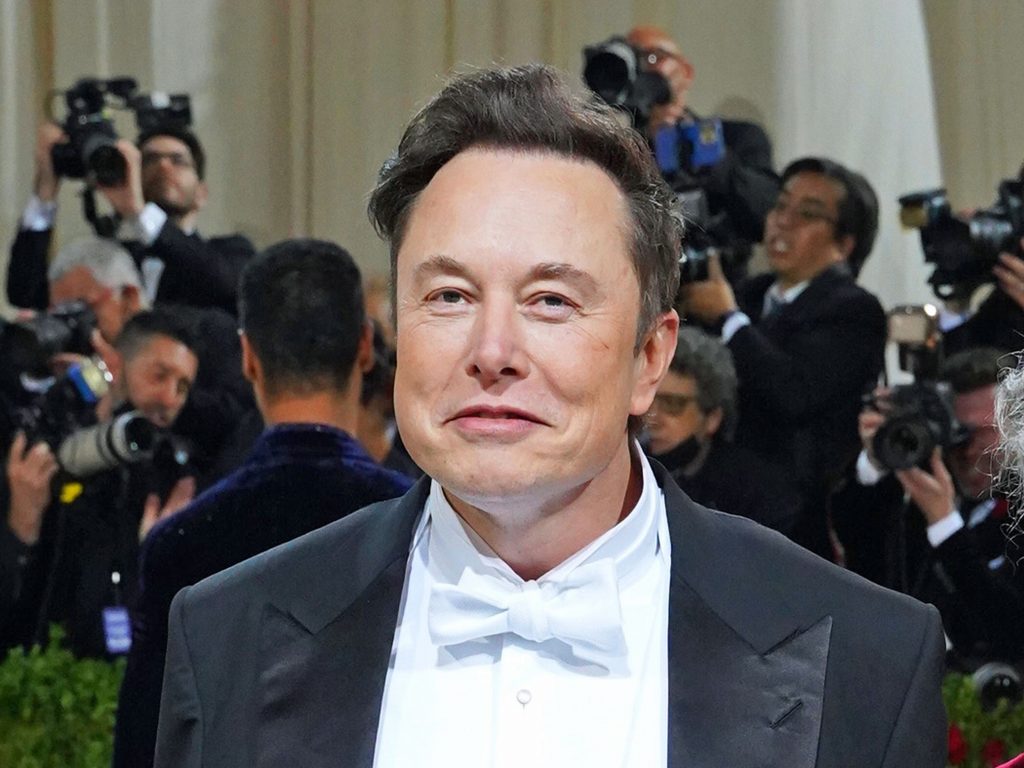- SpaceX paid a former employee not to talk about alleged misconduct by Elon Musk, according to recent reporting by Insider. Musk has denied the claims.
- It's doubtful California's new laws limiting NDAs would have applied in this case, experts said.
- If SpaceX and Musk wanted to release anyone from an NDA they entered into, they likely could do so.
In early 2018, as the #MeToo movement swelled, a California state senator introduced a law that would ban the use of non-disclosure agreements for some sexual harassment and assault cases. These agreements, known as NDAs, gained notoriety as a tool that Harvey Weinstein and other abusers had used to silence their victims and continue their behavior.
Just months before the bill was signed into law, Elon Musk and his rocket company SpaceX, which is headquartered in California, entered into a severance agreement with a flight attendant who had accused the billionaire CEO of sexual misconduct. The agreement included an NDA.
As Insider reported, the woman accused Musk of exposing his erect penis to her, touching her without consent, and requesting an erotic massage in exchange for a horse, according to documents and interviews. Musk has vehemently denied any wrongdoing. SpaceX vice president of legal Christopher Cardaci previously told Insider he would not comment on any settlement agreements.
The severance agreement between the parties included non-disparagement and non-disclosure clauses that forbade the woman from disclosing anything about Musk and his businesses after she left the company, Insider reported.
The STAND (Stand Together Against Non-Disclosures) Act, which went into effect in 2019 and was expanded earlier this year, was meant as a bulwark against such NDAs. But it has its limits.
The law isn't retroactive, meaning that any NDAs signed before it was passed are still valid. The STAND Act also doesn't apply to NDAs that settle workplace harassment claims brought outside of court or administrative proceedings with government agencies.
As Insider previously reported, the former SpaceX flight attendant's claims were settled without being filed in a lawsuit or reaching an arbitration proceeding. That's typical: most of these kinds of claims never make it to court.
For those employees who do file a misconduct lawsuit, the STAND Act can make it even harder for them to settle, according to Halim Dhanidina, a former California judge.
"If I decide to go ahead and file my lawsuits, then it'll be much harder to settle," Dhanidina, who is now an attorney at Werksman Jackson & Quinn LLP, told Insider. "Because the one thing that I have to offer — which is the signing of a non-disclosure agreement — will not be available to me.
Dawn Knepper, a California employment lawyer, said laws like the STAND Act have been great tools for victims of misconduct, giving them a bargaining chip, because it becomes harder to buy their silence once they go to court.
But there's a potential loophole, Dhanidina told Insider. In court or administrative proceedings, NDAs are allowed as part of the settlement if the plaintiff requests one.
"It could be that the employer says, 'Look, the only way you're getting anything out of me is if you request an NDA, then I will sign it,'" Dhanidina told Insider. "So it can potentially present a back door. It just can't be imposed on the weaker party."
If Musk and SpaceX want to, Knepper added, they could release anyone who has signed an NDA from the obligation to remain silent. Breaking an NDA can mean getting sued for breach of contract.
